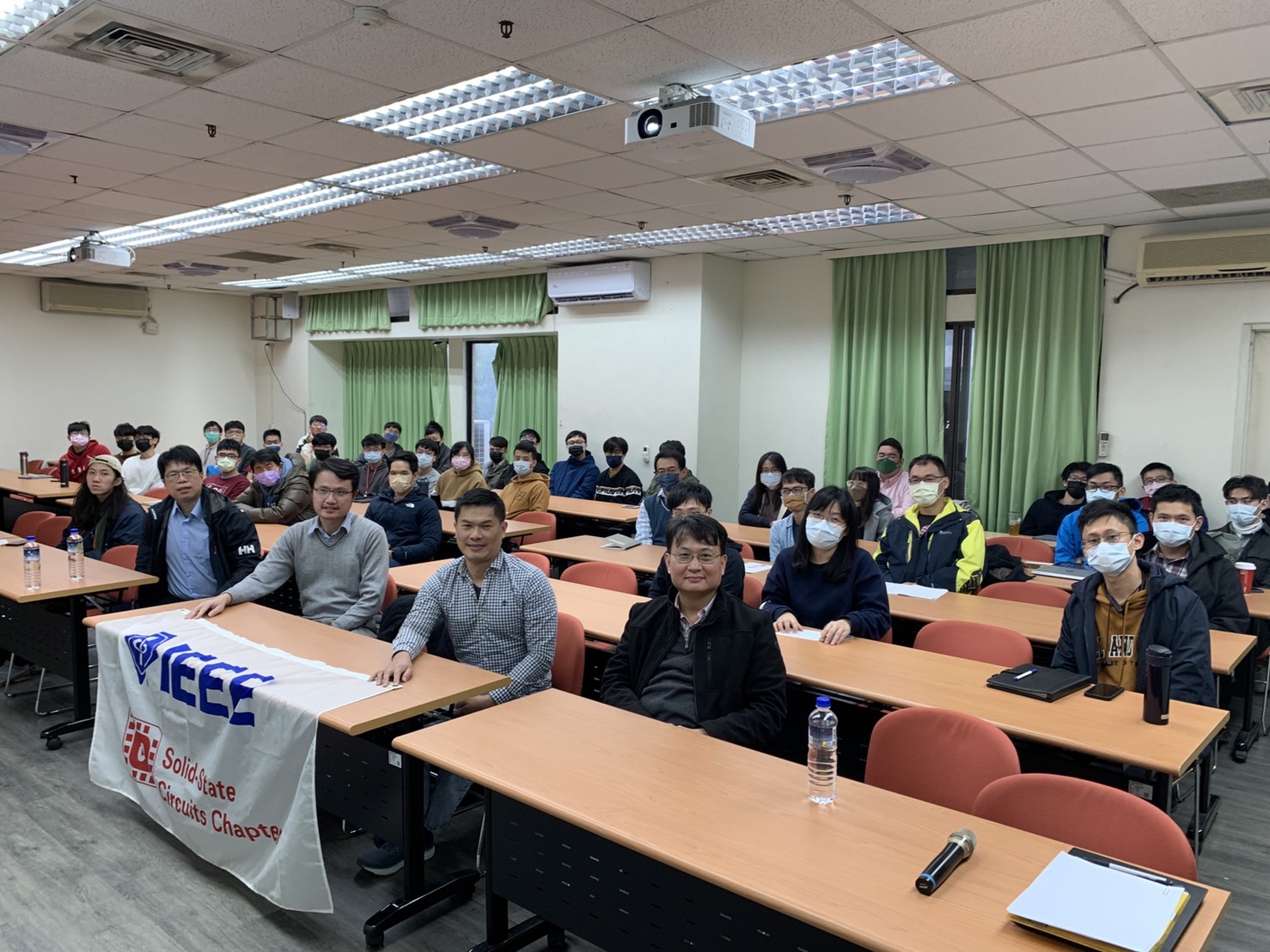Abstract:
Uniform sampling has been widely adopted in today’s circuit designs, ranging from data converters (ADC and DAC), and discrete-time signal processing (such as switched-capacitor filters). It is a well-developed processing technique that leads to many circuit architectures. However, Nyquist theory does not limit us to processing the samples at a uniform time grid so long as the average sample rate is sufficiently high, i.e., no loss of signal information. Why not sample the analog signal in a non-uniform time grid? What is the benefit by doing so? What is the underlying signal processing implication? In this talk, I will provide a background overview and explore new opportunities in non-uniform sampling (NUS) along with several silicon prototypes (from data converter to RF transceiver) that leverage non-uniform sampling. Thanks to the unique properties of NUS, there are interesting possibilities for future circuit- and system-level architectural innovations.
Biography:
Mike Shuo-Wei Chen is a Professor in Department of Electrical and Computer Engineering at University of Southern California. He received the B.S. degree from National Taiwan University, Taipei, Taiwan, in 1998 and the M.S. and Ph.D. degrees from University of California, Berkeley, in 2002 and 2006, all in electrical engineering.
Dr. Chen leads an analog mixed-signal circuit group, working on various circuit and system design problems for wireless, wireline, biomedical and processor applications. Some examples include high-speed low-power data converters, clock generation, RF power amplifier, and bio-inspired computing circuits.His research group has fortunately demonstrated several record-setting performances in PA, ADC, DAC, and PLL to date via architecture innovations.
